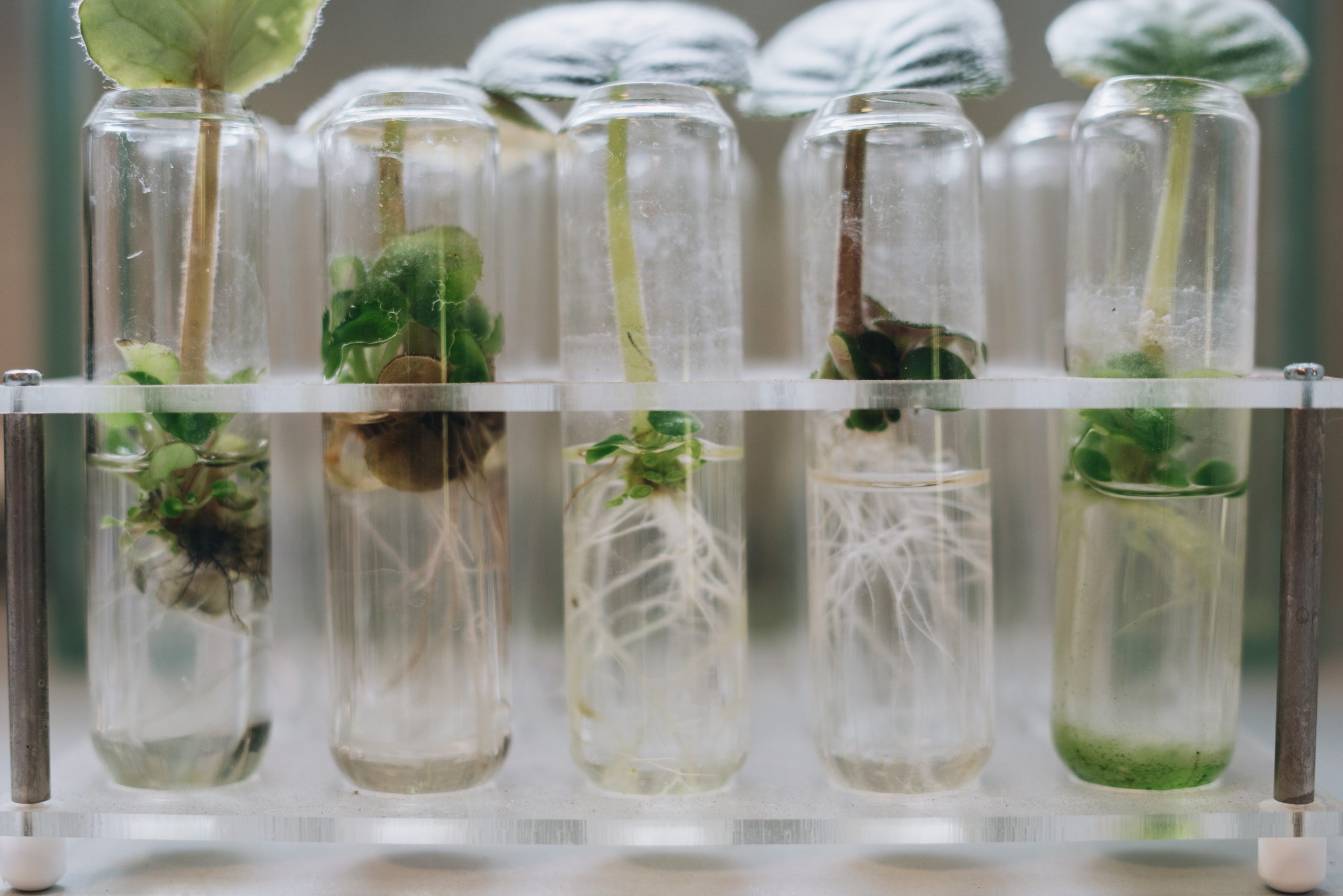
Last week’s GSI seminar speaker was Dr Natalie Whitehead, co-founder and co-director (with Dr Alice Mills) of Exeter Science Centre. Watch a short video about their project here.
Their vision is to communicate science and empower the public to tackle global issues. Natalie and Alice established Exeter Science Centre as a community interest company in February 2020, and then as a charity in April 2021. Science centres have an essential role to play in creating global citizens, and there is currently an extreme lack of them in Devon and in the South West. Natalie and Alice are working to fill this gap by building a science centre at the heart of Exeter, to be up and running by 2030. The Exeter Science Centre team has a track record of positive engagement, including numerous visits to schools and last year’s extremely successful Climate Pop-up in Exeter’s city centre, that attracted thousands of people.
Natalie and Alice are keen to work with scientists and academics to deliver issues-led, empowering projects for local communities in Exeter and throughout the South West, based on YOUR science research. To find out more get involved, email Natalie at: natalie@exetersciencecentre.org. Or share your thoughts with them here!
Hearing story after story about the death of the high street in the UK, it is a palpable relief to instead hear of someone not only looking to revitalise it, but have their space connect Exeter (ever on the cusp of being a bigger city) to the wider world through critical global issues such as climate change. Exeter Science Centre is a tantalising opportunity for Exeter; one I hope that gets embraced, as it is clear that the group behind it are aware and alert to what needs to be done for widening participation in STEM. It is also clear that they are ensuring that the vision of what science is, and what it could be, is not just dominated by technocrats or capitalistic opportunists; in the space that Natalie and Alice are cultivating, contributors of all educational backgrounds, from poets to photographers, are embraced. It’s inspiring to hear such an all-encompassing view of what it means to engage with STEM, and to potentially have such a community-oriented, sustainable landmark as a physical location would be incredibly meaningful to the fabric of Exeter.
– Michelle Bieger, 4th year Astrophysics PhD student
In a time where global issues such as climate change have never been more important, and with the trust between the public and scientific communities being continually politicised and strained, initiatives like the Exeter Science Centre have never been more valuable. Educating and empowering the public to make a real difference in tackling the global problems that face us all, and to restore faith and confidence in the scientific community are the first steps towards overcoming these pressing issues.
– Simon Lance, postdoc, Astrophysics Group
“Science and Discovery Centres will empower, inform and inspire people to become Citizens for the Future” — The Liminal Space
